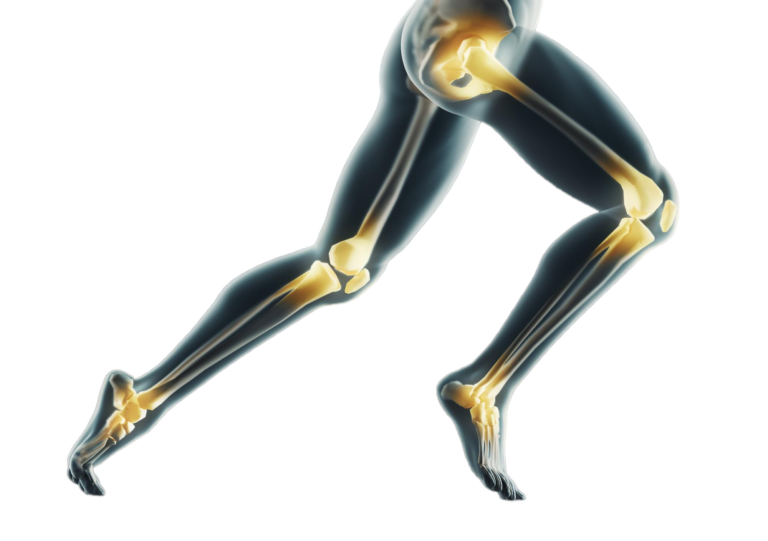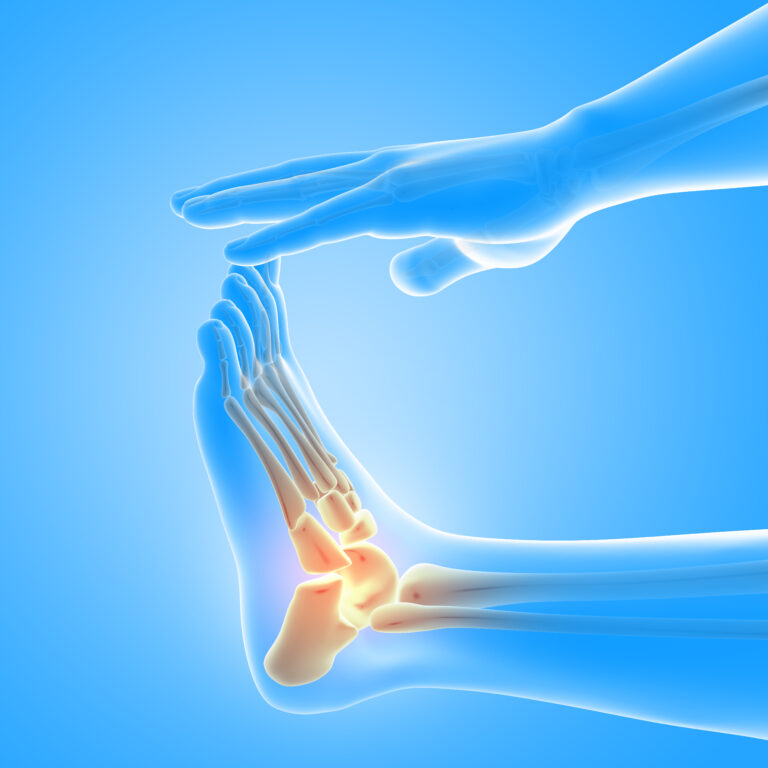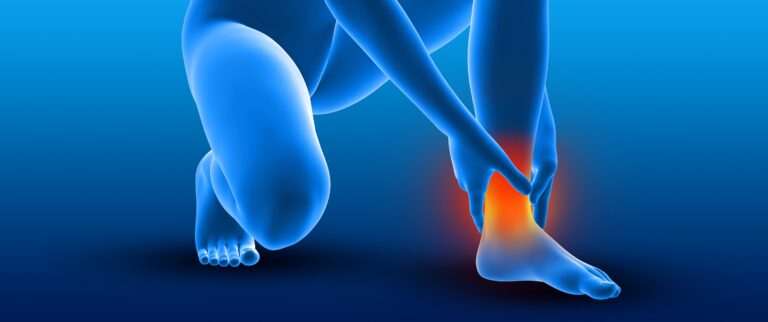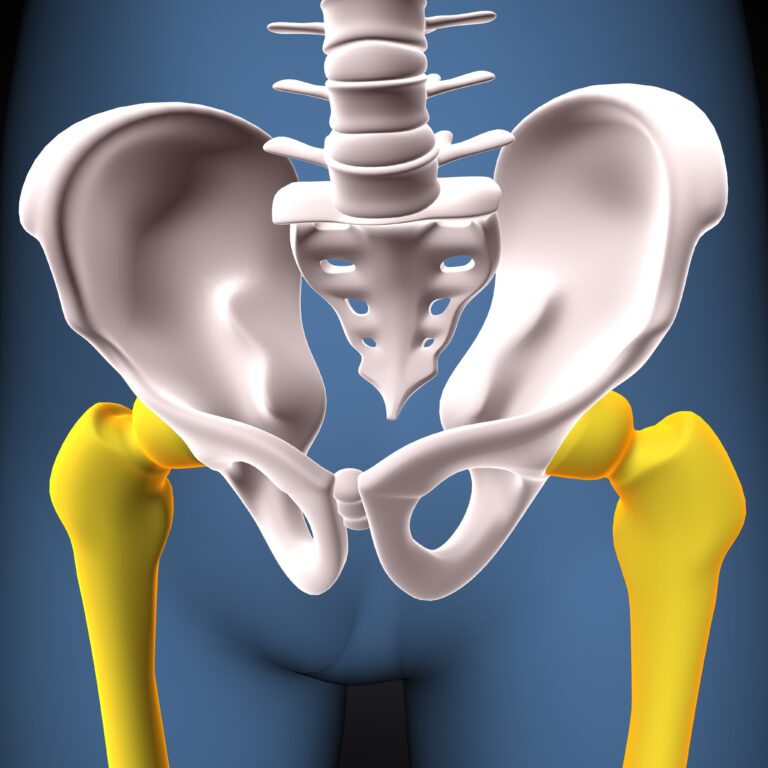Knee problems can significantly impact your quality of life, making simple tasks like walking or
climbing stairs painful and difficult. While some knee issues may require surgical intervention,
there are steps you can take to keep your knees healthy and reduce the risk of needing knee
replacement surgery.
Here are five tips to help you maintain strong and healthy knees:
- Maintain a Healthy Weight:
One of the most effective ways to protect your knees is by maintaining a healthy weight. Excess weight puts added stress on your knee joints, increasing the risk of wear and tear over time. By achieving and maintaining a healthy weight, you can reduce the strain on your knees and lower your risk of developing conditions such as osteoarthritis, which can lead to the need for knee replacement surgery.
- Maintain a Healthy Weight:
- Stay Active with Low-Impact Exercises:
Regular exercise is crucial for keeping your knees strong and flexible, but it’s essential to choose activities that are gentle on the joints. Low-impact exercises such as swimming, cycling, walking, and yoga can help improve joint flexibility, strengthen the muscles that support the knees, and reduce the risk of injury. Avoid high-impact activities like running or jumping, as they can increase the risk of knee damage over time.
- Stay Active with Low-Impact Exercises:
- Strengthen Muscles Around the Knees:
Strong muscles provide stability and support to your knee joints, reducing the risk of injury and wear. Focus on exercises that target the muscles around the knees, including the quadriceps, hamstrings, and calves. Incorporating strength training exercises into your workout routine, such as squats, lunges, leg presses, and calf raises, can help build muscle strength and protect your knees from injury.
- Strengthen Muscles Around the Knees:
- Practice Proper Body Mechanics: Proper body mechanics can help prevent unnecessary strain on your knees during daily activities. When lifting heavy objects, use your legs instead of your back, and avoid twisting or jerking motions that can put stress on your knees. When sitting or standing for extended periods, maintain good posture and use supportive footwear to reduce pressure on your knees. Additionally, be mindful of your movements during activities like bending, squatting, or kneeling, and avoid putting excessive strain on your knees.
- Listen to Your Body and Seek Prompt Treatment:
If you experience any pain, swelling, or discomfort in your knees, don’t ignore it. Listen to your body and seek prompt medical attention if you notice any signs of knee problems. Early intervention can help prevent minor issues from developing into more serious conditions that may require surgery. Your doctor can recommend appropriate treatment options, such as physical therapy, medication, or lifestyle modifications, to help alleviate pain and preserve the health of your knees.
By following these tips and adopting a proactive approach to knee health, you can reduce the risk of needing knee replacement surgery and enjoy a more active and fulfilling life. Remember to prioritize your knee health through regular exercise, maintaining a healthy weight, and practicing proper body mechanics to keep your knees strong and pain-free for years to come.
Disclaimer: The information provided in this blog post is for general informational purposes only and should not be considered professional advice. Before making any health-related decisions, consult with a qualified healthcare professional. The content is not a substitute for medical advice, and individual results may vary. The author and website are not responsible for any consequences arising from the use of the information provided. Use your best judgment and seek professional advice when needed.






